Understanding Car Suspension Systems
Car suspension systems are integral to vehicle safety and performance, playing a crucial role in ensuring a smooth and controlled driving experience. The primary function of a suspension system is to provide consistent handling and braking, while also ensuring comfort by absorbing bumps and vibrations from road irregularities.
Types of Car Suspension Systems
There are various types of suspension systems designed to cater to different vehicle specifications and driving conditions. Common types include independent suspensions, which allow wheels to move independently of one another, and solid axle suspensions, which are typically found in heavier vehicles due to their durability and strength. Additionally, adaptive and air suspension systems offer advanced control and adjustability, catering to a wide range of performance needs.
Components and Materials
The durability of suspension components is paramount, as they are subject to constant stress and environmental exposure. Materials such as high-grade steel, aluminum, and composites are commonly used for their strength-to-weight ratio and corrosion resistance. Components like shock absorbers, struts, and coil springs are engineered to withstand the rigors of daily use while maintaining their integrity and performance.
Features and Advantages
Modern suspension systems come with features designed to enhance vehicle stability, control, and comfort. Innovations such as monotube shocks and hydraulic shock absorbers provide responsive handling and improved ride quality. The advantages of a well-engineered suspension system include better tire longevity, reduced wear on vehicle components, and a safer driving experience.
Applications and Suitability
Choosing the right suspension system depends on the vehicle type and intended use. Passenger cars, for instance, benefit from systems that prioritize comfort, while performance vehicles may require suspensions that offer tighter handling. For commercial vehicles like trucks, robust systems such as truck shock absorbers are essential for carrying heavy loads over long distances.
Maintenance and Care
Regular maintenance is crucial for the longevity of car suspension systems. Inspections can reveal issues such as fluid or gas leaks, damaged seals, or worn inner valves, which can compromise the system's performance. Timely maintenance ensures that the suspension system continues to function effectively, providing a safe and comfortable ride.

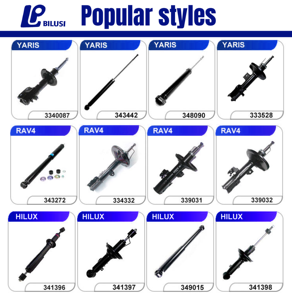









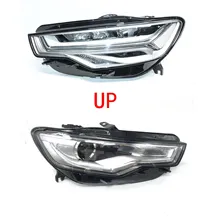
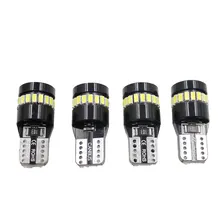

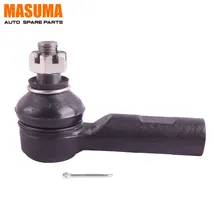

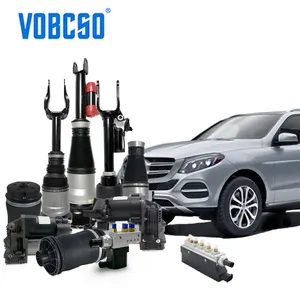




























 浙公网安备 33010002000092号
浙公网安备 33010002000092号 浙B2-20120091-4
浙B2-20120091-4